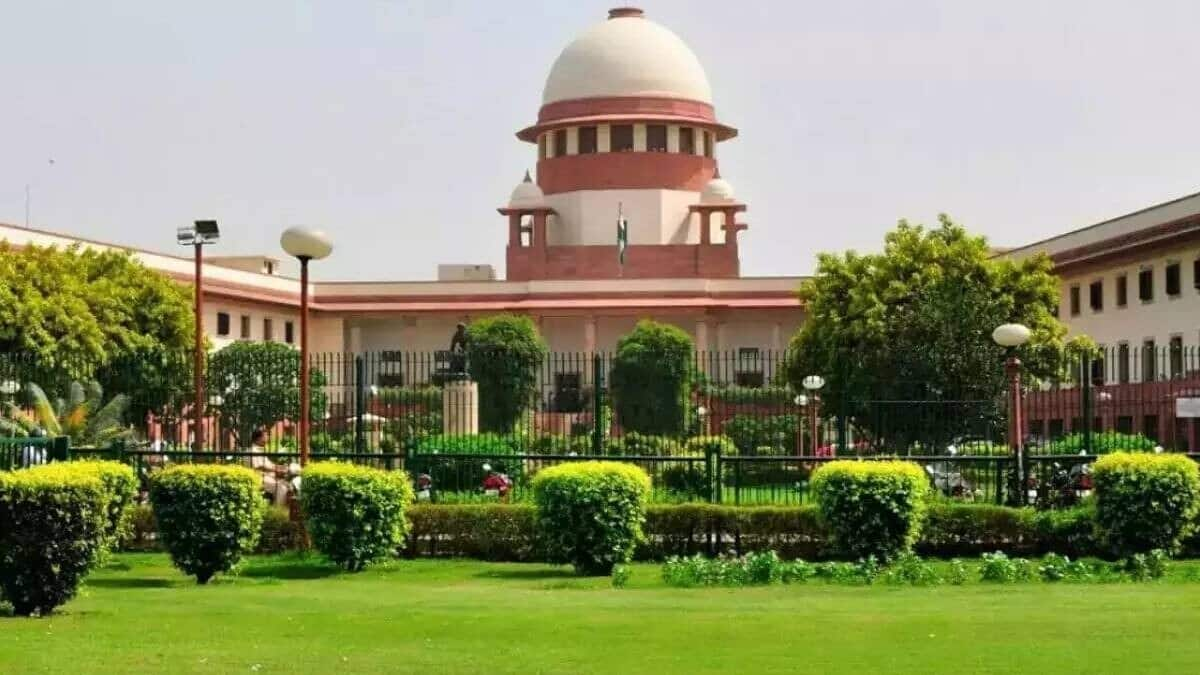
Not every private property can be acquired by state: SC
What's the story
Not all privately owned property can be acquired by the state, a nine-judge bench of the Supreme Court, headed by Chief Justice of India (CJI) DY Chandrachud, has ruled.
The decision was taken with an 8:1 majority.
The court clarified that the state cannot declare every private property as a "material resource of the community" under Article 39(b) of the Constitution.
Ruling details
Court rejects previous interpretation of 'material resources'
The ruling also rejected earlier judgments, including Justice Krishna Iyer's minority view in the Ranganath Reddy case.
The earlier interpretation had argued privately owned resources could be treated as community resources.
The CJI slammed the view, saying it was rooted in a particular ideological perspective.
He stressed classification as a "material resource" should be determined by nature, characteristics, and community impact.
Dissent explained
Dissenting views on private property classification
While Justice BV Nagarathna concurred with the majority, she dissented on the criticism of past judgments.
She argued that judges like Justice Iyer were products of their time and shouldn't be condemned for their interpretations.
She added that earlier judges operated under different constitutional and economic structures.
Justice Sudhanshu Dhulia also dissented, agreeing with the opinion that private property can be classified as material wealth.
Case origin
Case background and court's clarification on 'material resources'
The case dates back to 1992 and was sent to a nine-judge bench in 2002. Petitioners contended "material resources" should include any resource generating community wealth.
The court was hearing petitions concerning Chapter VIII-A of the Maharashtra Housing and Area Development Act (MHADA).
The act permits the state to acquire old buildings in Mumbai for cooperative societies, declaring them community resources. Property owners opposed it, contending Article 39(b) doesn't envisage private property acquisition.
Distribution debate
Court's stance on distribution of private resources
The majority ruling said, "Whether material resource under Article 39(b) includes privately-owned resources, the answer is theoretically yes... But not every resource owned by the individual can be considered as a material resource."
The court stressed distribution must subserve common good and not follow any fixed economic ideology.
This ruling marks a landmark interpretation of constitutional provisions concerning state power over private property.